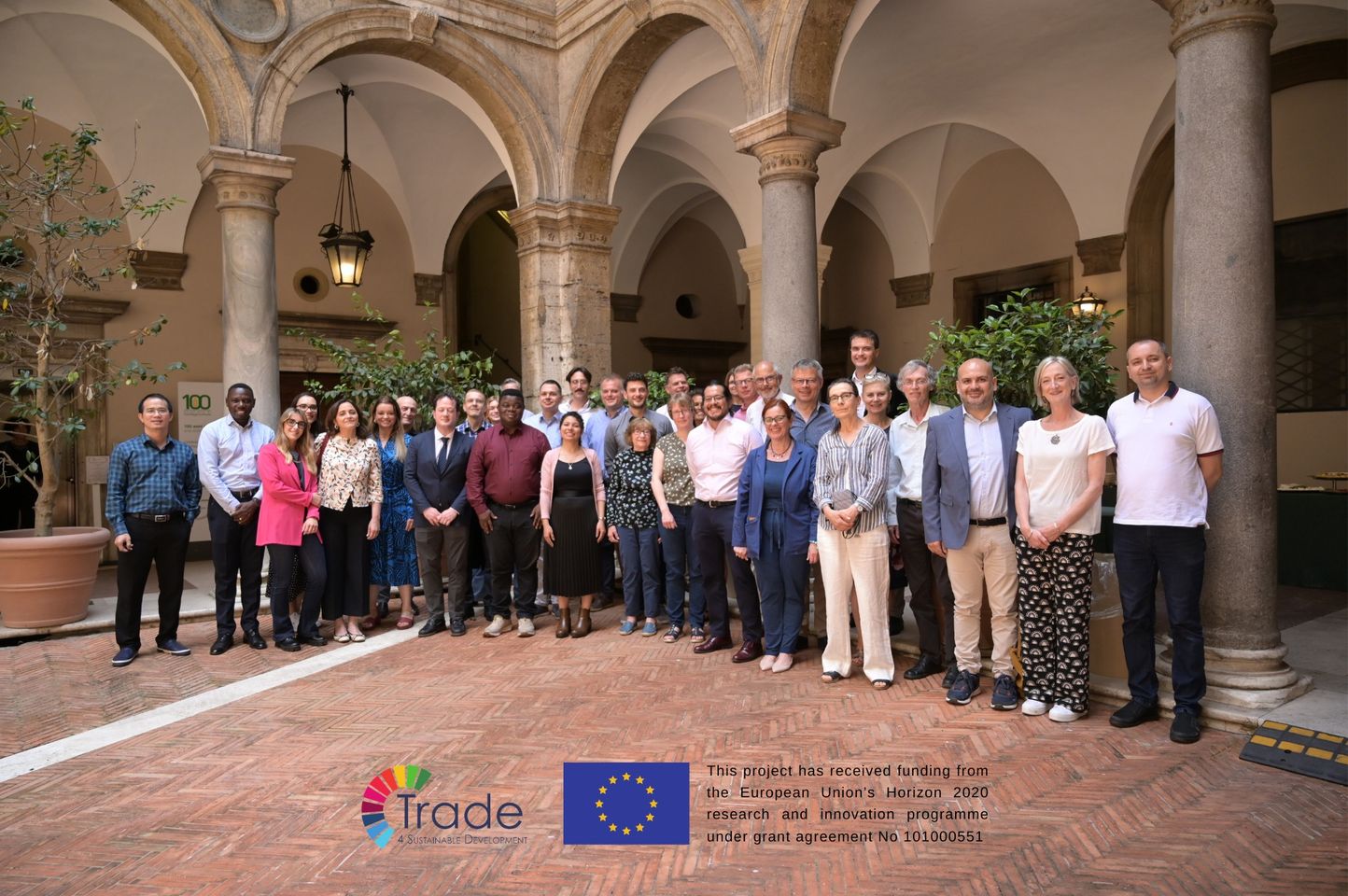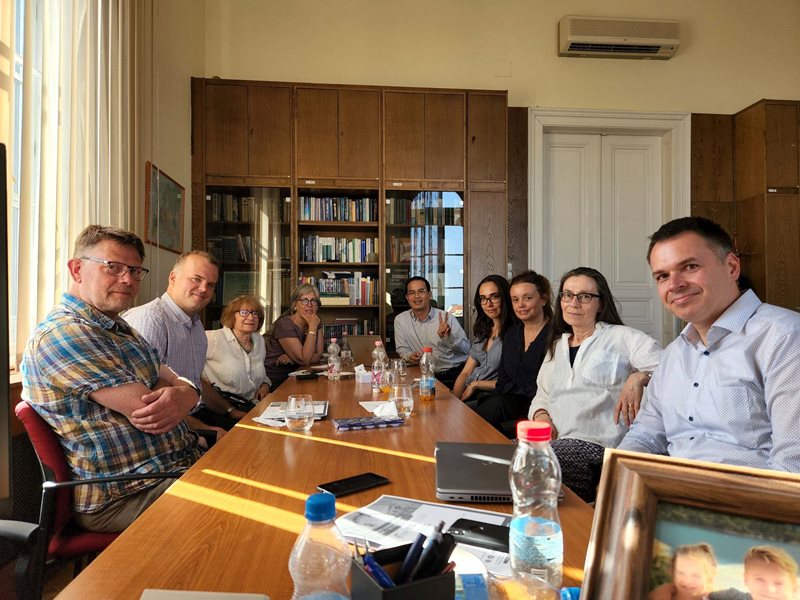Exploring the links between international agricultural trade and sustainability

This summer, the TRADE4SD Horizon 2020 research project coordinated by Corvinus University, examining the links between international agricultural trade and sustainability in an innovative approach, reached its halfway point. The project brings together 13 institutions from 10 countries, from the UK to Ghana to Vietnam. Research Support colleagues asked the consortium leader, Attila Jámbor about the successes, challenges and achievements so far.
1. What successes have you had recently? Have you achieved all the goals you set for this period of the project?
The tasks of the TRADE4SD for the University are twofold: on the one hand, we have to manage the consortium, and on the other hand, our colleagues have had and still have research tasks in several working groups. The first two years were very busy, as the deadlines for all the management-type deliverables were during this period, and the tasks of the first professional work package, for which Corvinus was also responsible, also fell during this period.
As the leader of the first professional work package, Corvinus was responsible for developing the research framework, the review of the relevant international literature and the research on trends and clustering opportunities in international agri-food supply chains. We had 18 submitted professional materials in the first two years and completed 9 milestones. From a management point of view, we consider it a greatest success that we were able to meet all deadlines and all our submitted materials were accepted by the supervisors of the project in Brussels and the peer reviewers invited by them.
2. Are there any achievements you didn’t expect or would like to highlight?
We had several interesting results in the past two years. One of them is that, contrary to expectations, our literature review and surveys show that when it comes to international trade and sustainability, everyone basically talks about the economic dimension – environmental and social issues arise only after economic affairs are sorted out. This has been reinforced by the COVID crisis and the Russia-Ukraine war, just as much as our results showing that international trade is increasingly undergoing a process of deglobalisation , coupled with strong regionalisation and shortening of supply chains.
3. How do you evaluate the cooperation with the partners so far? What are the difficulties of managing the consortium? What were the biggest challenges?
Leading a team of this size and diversity always brings challenges. On the one hand, the majority of the team works very well and is committed to the project, more and more professional and friendly relationships develop over time. On the other hand, it is not easy to encourage partners who have not previously worked in such an environment to stick to their commitments – and the launch of the project in the middle of the Covid pandemic did not help the development of professional-personal relations
Our greatest challenge was to establish a well-functioning working relationship and team with partners from this part of the world, often unknown people, who are very different both culturally and in terms of work ethic and carry a mass of projects. In addition, it was a great challenge to reconcile the internal transformation processes of the University with project management.

4. What are the most important lessons you learned from the first half of the project?
From a management point of view, the biggest lesson is that it is not enough to believe that everything is fine based on the partners’ reports, you have to constantly follow everything and ask for supporting documentation and progress reports. Another lesson is that communication with only working group leaders alone is not enough, and active cooperation within and between working groups is needed. From a professional point of view, it is a lesson that team leader tasks should only be given to a colleague with a proven and reliable track record. The general lesson is also that there must be a named person in charge of the different levels of the project and of the project as a whole, a personified and accessible leader, otherwise everything will spill over and responsibilities will be blurred.
5. What are the plans for the next period?
The results are really expected in the second half of the project, by which time the invested work will have paid off. We are planning a lot of live and online workshops and events, as well as active communication and exchange of information with civil society, as required by the call for proposals. Further plans include organizing a series of agricultural policy workshops to discuss with the practical representatives of the profession how theoretical research and results could be put into practice.
The interview was conducted by Research Support colleagues.